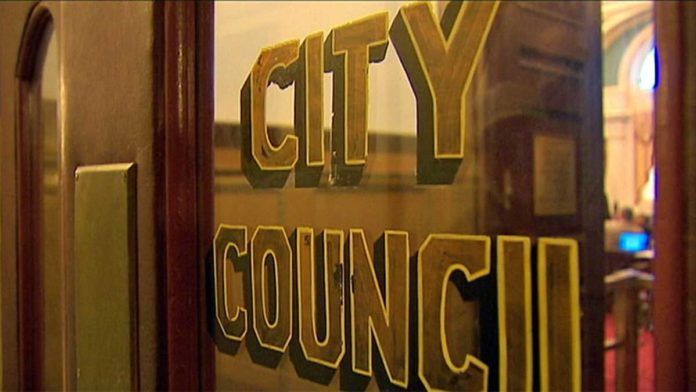Every day, we hear new numbers. One day, it is 314. The next day, it is 224. Every number is a real person — a Philadelphian — who has tested positive for COVID-19.
As of May 14, Philadelphia had over 19,000 recorded cases of COVID-19. More than 1,000 of our residents have succumbed to this virus. Every one of them was someone’s mom or dad, grandmom or granddad, daughter or son. Our prayers are with everyone who has lost a loved one to this pandemic.
There is another set of troubling numbers — rising unemployment rates. The many businesses — entire industries — shut down by COVID-19. Over 1.7 million Pennsylvanians have lost their jobs. Many are Philadelphians.
We all want this pandemic to end. We all want our businesses to re-open, so our residents can back to work. So they can eat in restaurants, shop in stores and congregate with their friends.
However, our ability to achieve those objectives is dependent on whether we flatten the curve of new COVID-19 cases. There are a series of strategies we must put in place before meaningful conversation takes place about re-opening our economy. If we are not careful, if we rush plans to re-open, we run the real risk of COVID-19 infections — and deaths — spiking again, and our city being in a worse situation than it was before.
There are five key elements that other countries are successfully deploying to fight the coronavirus. Philadelphia must do the same:
Continue social distancing. What we are doing is showing signs of working — but now is not the time to ease up. As the weather warms up, people naturally want to go outside. Please think of the people next to you if you go outdoors. Wear a mask in public. Think of your family. Don’t bring COVID-19 home.
Testing. We need to do more testing. A recent study by experts at Harvard University estimates that the United States needs to be testing three times as many people for COVID-19 as are currently being tested. While it is true that more testing will result in more confirmed cases, we must know the true rate of infection as we work to contain the spread. Also, the growing racial disparity of COVID-19 cases highlights the urgent need to increase testing in underserved communities.
Contact tracing. We need to significantly ramp up contact tracing — identifying and alerting the people who’ve come into contact with someone who tested positive for COVID-19. This is critical to containing the viral spread.
Isolation. We need safe, humane locations to isolate people who’ve tested positive, particularly when they cannot safely isolate at home. The city has established quarantine locations. We must use them.
Treatment. Our hospitals still have beds available to treat COVID-19 patients, and, thanks to Temple University, the Liacouras Center was converted into a field hospital to handle overflow. However, the system remains plagued by a scarcity of personal protective equipment. If our healthcare workers are not safe, patients could suffer more.
Other countries and regions are using these strategies. South Korea, Taiwan, New Zealand and Hong Kong have gained control over the virus. But it is essential that all these steps be done in unison, over a sustained period of time. We cannot let our guard down.
Everybody wants to be outside with their friends — in the park, on the basketball court. People want to worship together. We all want our economy to re-start.
But unless our singular focus in the weeks and months ahead is on driving down the number of new COVID-19 cases, we will struggle to re-open our economy safely, fairly and equitably.
We must flatten the curve. If we work together and follow these strategies, we will. We can do this, Philly.
Darrell L. Clarke is President of City Council. Cherelle Parker is Council’s Majority Leader. Curtis Jones Jr. is Majority Whip, and Mark Squilla is Deputy Whip.
Ask questions, get answers about COVID-19

